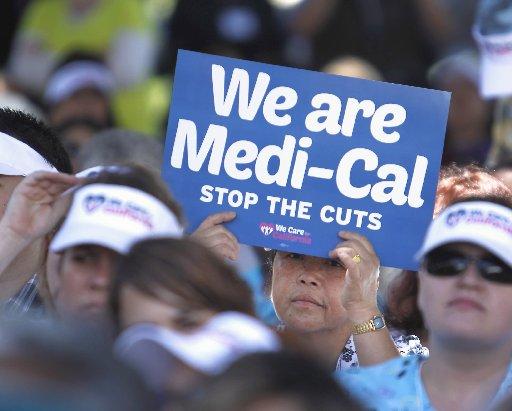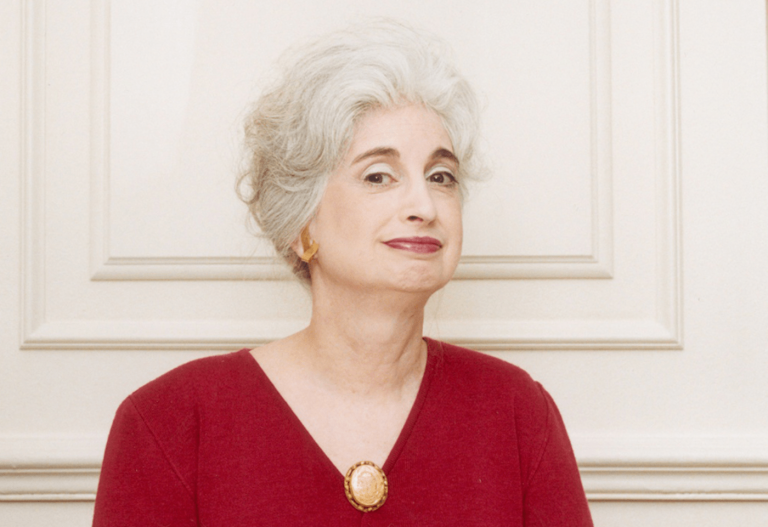Statewide ballot initiative Proposition 35 would make permanent an existing tax that helps pay for Medi-Cal health care services, California’s version of the federally subsidized Medicaid program providing health care for the state’s poor.
The tax is imposed on managed care health insurance providers including Kaiser Permanente and Anthem Blue Cross, based on the number of people their plans serve, with the revenue unlocking matching federal funds. In place for close to 20 years, the tax, a mechanism for funding Medi-Cal, has been renewed and changed several times, and is set to expire in 2026.
The money would pay for health care for low-income families with children, seniors, disabled people and other recipients of Medi-Cal, a program that receives more than half its funding from the federal government and the rest from state and local agencies.
If passed, the tax would give Medi-Cal an extra $2 billion to $5 billion a year, including from the matching federal funds, because the proposition requires more of the managed care tax revenue to go directly to health care programs, and less toward ongoing expenses of running Medi-Cal, the state legislative analyst said.
Because more money for those ongoing expenses would probably have to come from the state’s General Fund, the measure would impose extra annual costs, estimated at $1 billion to $2 billion for 2025 and 2026, the legislative analyst said.
As with renewals of earlier versions of the tax, the permanent tax, if passed by voters, would still need federal approval.
“The proposition allows the state to change the tax, if needed, to get federal approval, within certain limits,” the state legislative analyst said.
About 15 million people are enrolled in Medi-Cal.
Supporters of the measure — endorsed by the state Republican and Democratic parties — also include the California Medical Association, the American College of Obstetricians & Gynecologists, the American Academy of Pediatrics, and Planned Parenthood Affiliates of California.
Those proponents, banded together with other groups as the Yes on 35 coalition, argue that the state’s health care system is in crisis, with care for Medi-Cal recipients “significantly underfunded.” The measure would protect and expand access to medical care without raising taxes on individuals, Yes on 35 contends.
Related Articles
PRO/CON: Is California’s Prop. 4 climate bond a smart move or just too expensive?
Our endorsements for all the California statewide measures on Nov. 5 ballot
Billions in Bay Area school bond funding sought on Nov. 5 ballot, but are voters tired of paying the bills?
Prop 5 would make it easier to pass Bay Area spending bills for housing, transit
PRO/CON: Is Prop. 35 the best way to help fund the Medi-Cal program?
Supporters of the initiative have raised more than $48 million, including $15 million from a California Association of Hospitals and Health Systems committee, $13 million from ambulance giant Global Medical Response, and about $10 million from doctors’ group the California Medical Association. Various Planned Parenthood branches contributed a total of about $900,000, including about $215,000 from the Mar Monte branch in San Jose.
Opponents include the League of Women Voters of California, which called the measure “well-meaning but misguided,” and argued that such “ballot-box budgeting” hampers state legislators’ flexibility to make funding decisions in the face of emerging and crucial needs. Gov. Gavin Newsom has made a similar criticism of the measure. The governor at a July press conference said he had not “come out publicly” against Prop 35, but was “implying a point of view.”
The California Pan-Ethnic Health Network also opposes Prop 35, pointing to a report from the non-profit California Budget & Policy Center that said the measure could improve access to primary and specialty health care for Medi-Cal recipients, but could threaten some investments in place under the current spending plan, including continuous health coverage for kids from birth to age 5, and supports for kids with complex needs, older adults and people with disabilities.
The California Secretary of State did not identify any funds raised in opposition by mid-September.
A survey of California residents in late August and early September by the Public Policy Institute of California showed more than 60% saying they would vote yes on Prop. 35 and 34% saying they would vote no.












